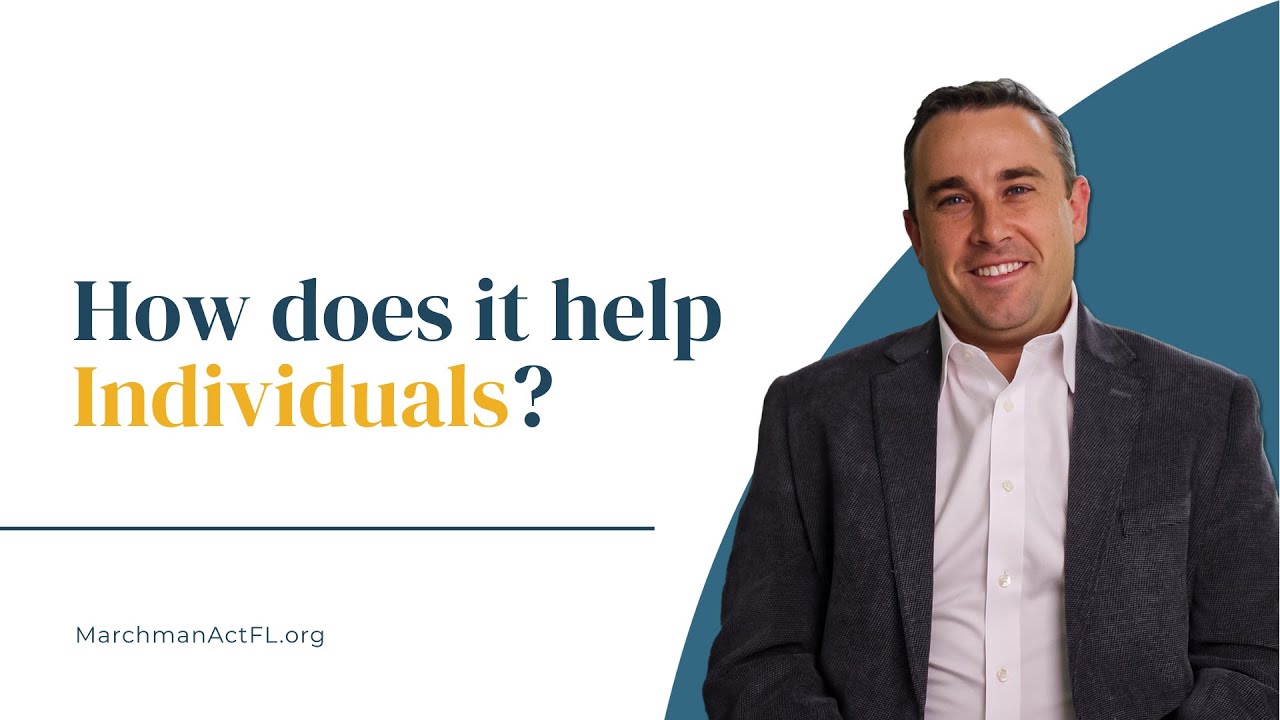
Key Components and Eligibility Requirements of the Marchman Act
The Marchman Act, formally known as the Hal S. Marchman Alcohol and Other Drug Services Act of 1993, establishes Florida’s legal framework for involuntary assessment, stabilization, and treatment of individuals with substance use disorders.
The eligibility criteria for invoking the Marchman Act require that an individual has lost self-control regarding substance use and either poses a threat to themselves or others, or demonstrates an inability to make rational decisions about treatment. Family members, law enforcement agents, or medical professionals can initiate the process by filing a petition with the court, providing evidence that the person meets specific requirements, including:
– Recent substance abuse causing harm
– Rejection of voluntary treatment options
– Incapacity to appreciate their condition
– Likelihood of serious harm without intervention
– Prior failed attempts at voluntary treatment
The Legal Process: Filing and Court Proceedings
Once individuals or authorized parties determine that invoking the Marchman Act is necessary, initiating legal proceedings requires following a structured sequence of steps through Florida’s court system.
The process begins with filing a petition at the county courthouse, where petitioners must provide detailed documentation of the individual’s substance use disorder and the immediate need for intervention. After submission, the court schedules initial court hearings within ten days, during which both parties may secure legal representation to present their cases. A judge evaluates the evidence, including testimony from family members, medical professionals, and other relevant parties, to determine whether involuntary assessment and stabilization are warranted. If granted, the court issues specific orders outlining the terms of treatment, facility placement, and duration of mandated care.
Rights and Protections for Individuals Under the Marchman Act
While involuntary treatment may seem restrictive, Florida’s Marchman Act incorporates extensive safeguards to protect individuals’ civil liberties and human dignity throughout the intervention process. The Act guarantees specific individual rights, including the right to legal representation, confidentiality of medical records, and protection from discrimination or retaliation.
Under these legal protections, individuals maintain the right to communicate with attorneys, receive visitors during designated hours, and practice their religious beliefs. The law also assures access to proper medical care, humane treatment, and freedom from unnecessary restraint or isolation. Additionally, individuals have the right to petition the court for release, request a hearing to review their case, and file grievances regarding their treatment. These provisions help balance the need for intervention with respect for personal autonomy.
Treatment Options and Duration of Care
Under Florida’s Marchman Act, treatment options span an extensive spectrum of interventions designed to address substance use disorders through individualized care plans and evidence-based approaches. The law provides for multiple levels of care, ranging from intensive inpatient treatment facilities to structured outpatient programs, based on professional assessments of each individual’s needs and circumstances.
Treatment duration typically extends from 60 to 90 days, though the court may grant extensions when clinically necessary, with regular evaluations determining continued care requirements. Programs commonly include medical detoxification, behavioral therapy, counseling services, and aftercare planning, all coordinated through licensed treatment providers who specialize in substance use recovery. The structured progression through various treatment phases guarantees individuals receive appropriate support while moving toward sustainable recovery and reintegration into their communities.
Success Stories and Recovery Outcomes in Florida
The extensive treatment programs established through Florida’s Marchman Act have yielded numerous recorded success stories and positive recovery results throughout the state. Recovery testimonials from individuals who have completed court-mandated treatment programs demonstrate significant improvements in sobriety maintenance, family relationships, and overall quality of life.
Documented successful interventions across Florida indicate that individuals who undergo Marchman Act proceedings show higher percentages of treatment completion compared to those who seek help voluntarily. Statistics from treatment facilities disclose that approximately 60% of individuals who complete Marchman Act-initiated programs maintain sobriety for at least one year post-treatment, while many go on to become peer counselors and recovery advocates within their communities, creating a positive ripple effect in substance use recovery efforts statewide.



